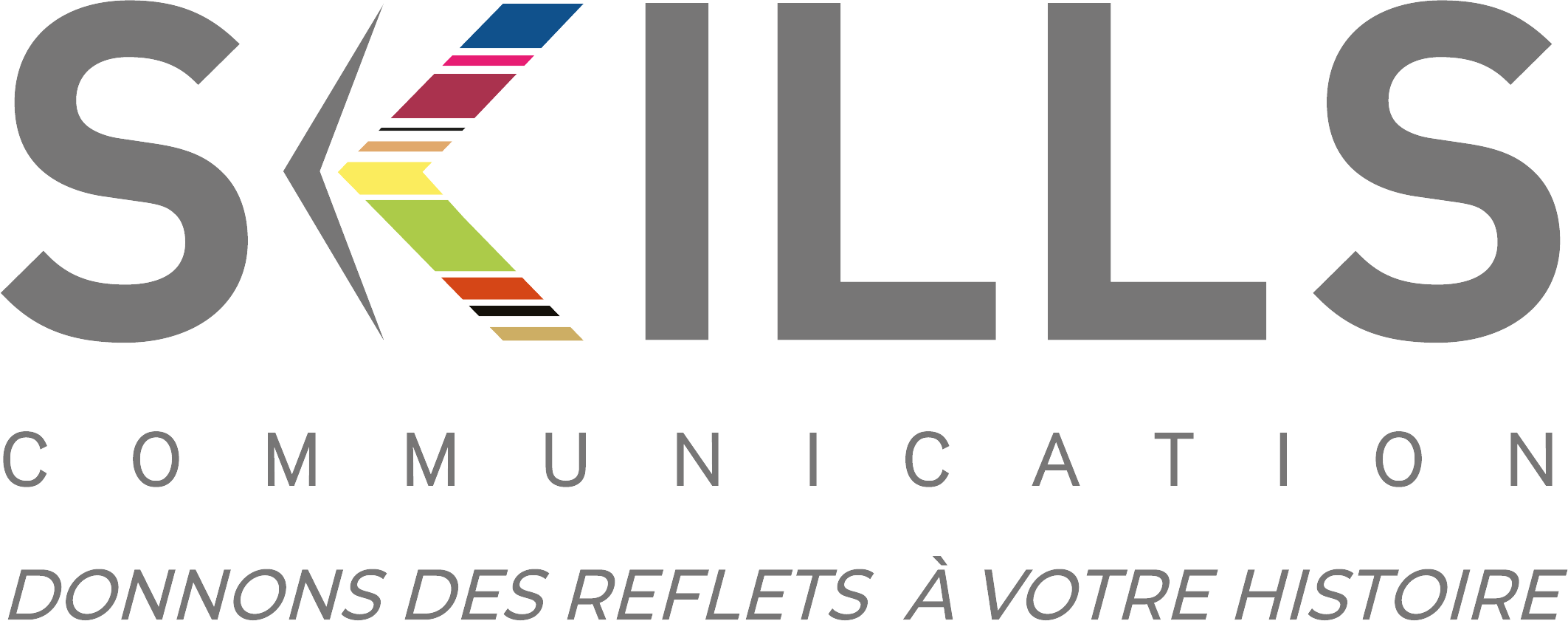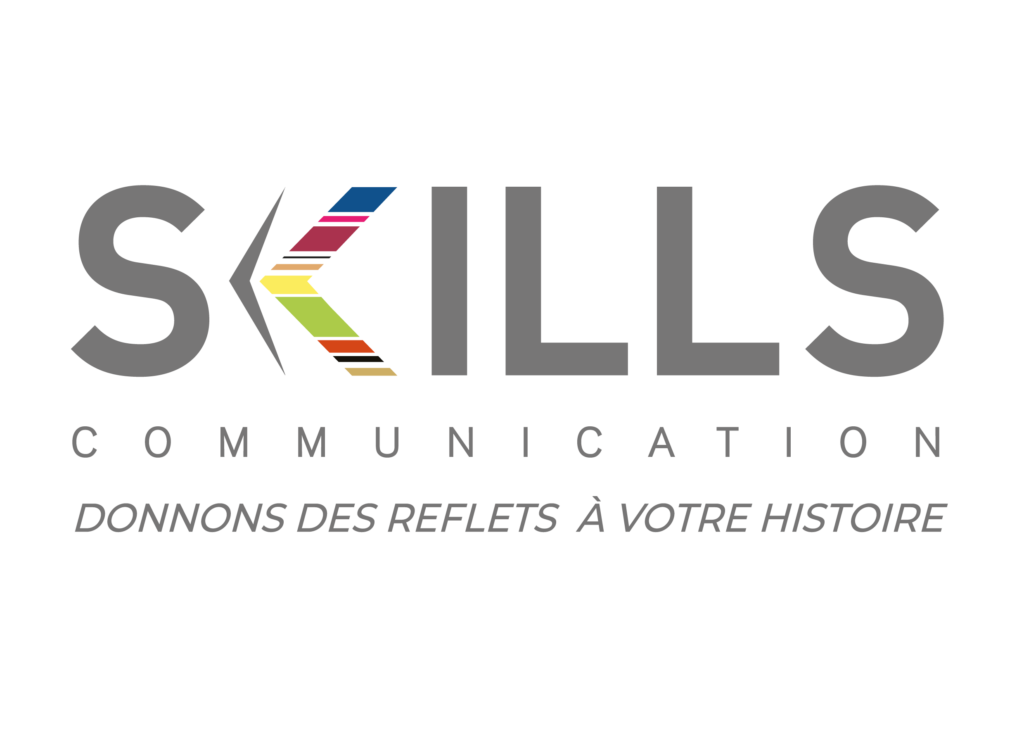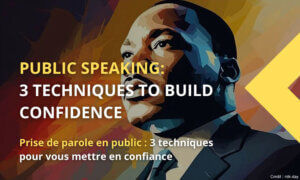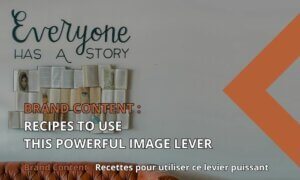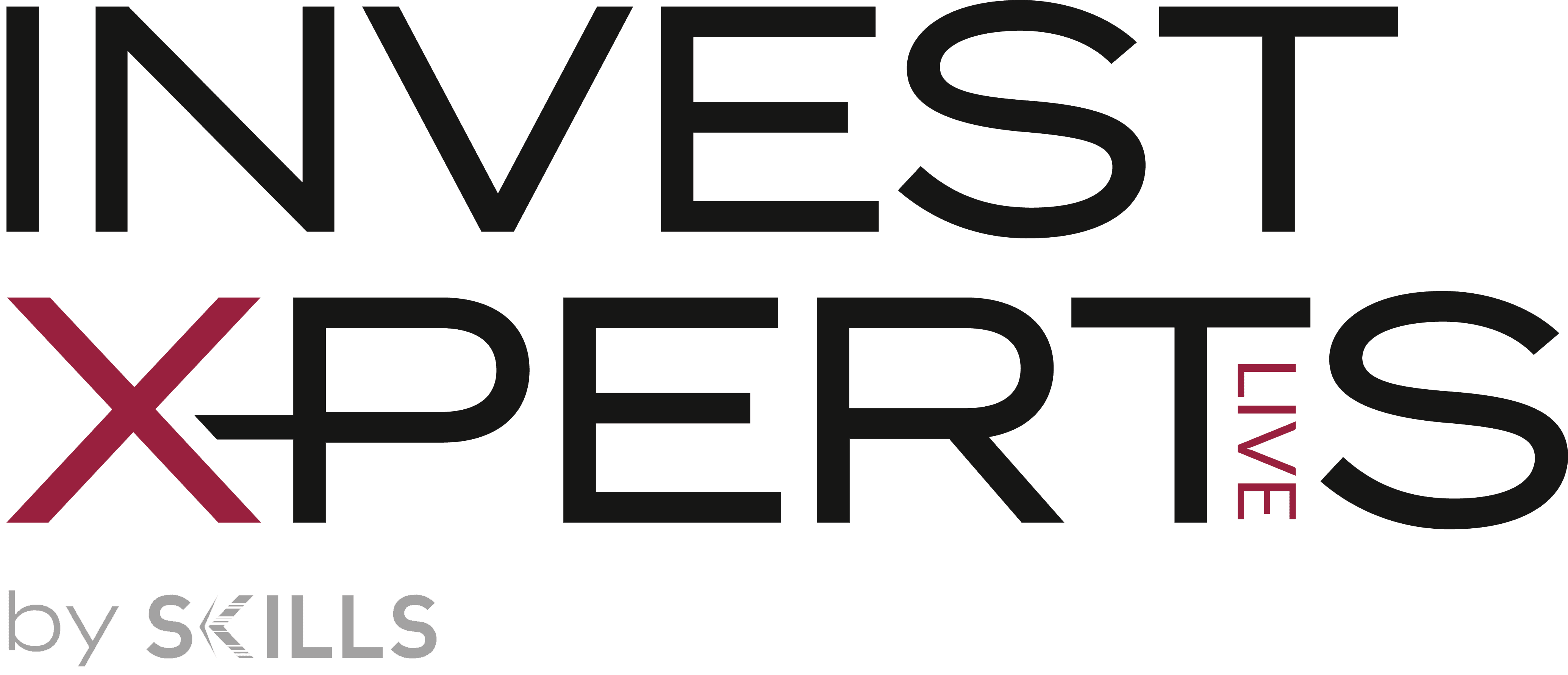Speaking out in the media is now an essential skill for company managers. Every public appearance can have a
major impact on an organisation’s image and reputation.
This is what Media Training is all about, providing effective preparation for delivering the best possible
performance in front of the media.
This article explores the keys to a successful media interview thanks to Media Training. We’ll look at how
upstream preparation can make a difference, how to construct effective key messages and how to apply the
essential rules when interviewing the press. Some of these keys will also be useful for other public speaking
engagements to which all executives are naturally exposed.
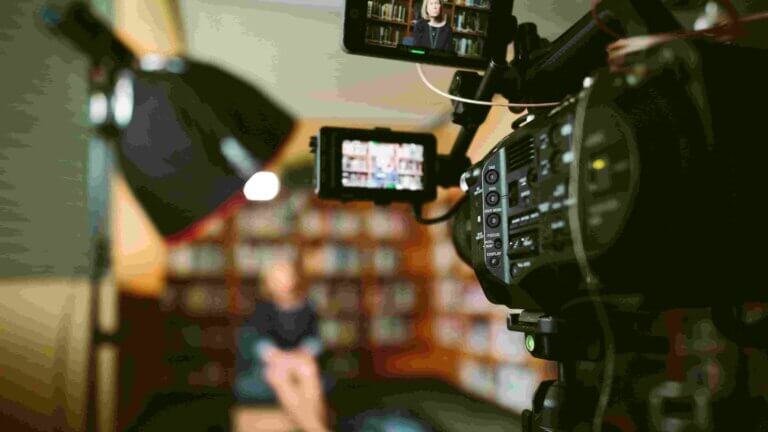
Understanding the importance of Media Training
The benefits of advance preparation
When it comes to speaking in front of the media, good preparation beforehand is a must. It’s an opportunity to
anticipate the questions (especially the trickiest ones) so that you can prepare clear, concise answers.
The questions will naturally depend on what’s going on in the news, not just your own, and on the rumours that
may be circulating about your business, but they will also be influenced by the profile of the journalist and his or
her readership, which you will need to master.
Of course, it’s not enough to prepare alone in front of a blank sheet of paper. It’s a team around you that will do
the work of destabilising you beforehand… so as not to be destabilised afterwards. So having a good Media
Training course will help you to develop a solid structure for your answers, to select the most relevant key
messages and to present them in an impactful way, so as to create interest and avoid losing your way in areas
that are dangerous for your corporate reputation.
L'importance de la cohérence et de la conviction
According to various studies, the conviction with which you convey a message is transmitted to your audience.
Conviction is transmitted through your voice, your posture and even your eyes. It is essential if you are to win
over your audience when you speak. Media Training will therefore also enable you to reinforce this presence,
and refine your body language and tone of voice. While it’s not forbidden to prepare in front of a mirror, it’s a
media professional who will be best able to spot your qualities, and above all your faults, and correct them. As
Peter Drucker said, The most important thing in communication is to hear what is not being said.
The role of the SKILLS Dircoms
At SKILLS Communication, our Dircoms play a key role in our Media Training courses. Their expertise in the field
of media communication and, above all, their experience in your businesses at the most senior level, enable
them to provide learners with personalised and comprehensive support.
They put their practical experience and in-depth knowledge of the media at your disposal. What’s more, they take an interest in your personality and your company’s image to get the best out of you in the media.

Media Training methods and tools
Understanding the media and their expectations
To give a successful media interview, you need to understand how the media work. Each medium has its own
editorial line, target audience and specific expectations. Media Training enables you to acquire in-depth
knowledge of the media you are addressing, so that you can adapt your approach.
Understanding how the media work means, for example, knowing their position on the subject of the interview.
This will enable you to anticipate certain questions. For example, some journalists like to test their guests
knowledge by asking them for precise figures or examples of recent achievements. Others will ask you for a
critical opinion on one of your competitors. How would you react in this situation?
Techniques for constructing effective key messages
By identifying the main points you want to convey, you can formulate them in a clear and memorable way.
Media Training helps you to structure your messages, using powerful images. Often, it’s a well-crafted metaphor that will make the rounds in the media, rather than a memorised figure…
Comparisons can also get you off the hook if you come across an embarrassing statistic. For example, pointing out that you are doing better than others will shift the focus of a discussion.
However, it is essential to remain honest at all times so as not to damage your image. And don’t forget that in the age of the Internet, almost everything is verifiable.
Would you like to find out more about our Message & Media Training? Our Dircoms would be delighted to hear from you.
Rules for spokespeople in press interviews
The main rule is honesty and transparency. A lie recorded on video or audio will backfire on you sooner or later.
You also need to keep calm and learn to detach yourself from the interviewer’s criticisms. Sometimes, faced with an interviewer’s insistence or bad faith, the interviewee may lose patience, to his or her detriment!
In addition, knowing how to explain technical jargon in a few words is a subtle art that is not always accessible. Without advice, it’s hard to know whether you’ve been properly understood.
The practical part of Media Training
Preparing for the environment and the interviewer
When preparing for a media interview, you need to consider the environment in which you will be interviewed. Will you be facing an audience, who may react by applauding what you have to say, or by covering your voice with boos? Will the journalist be able to use video or audio material as evidence to back up his or her claims? These are all factors to bear in mind, as they can affect the way you respond.
Preparing for your target audience
Another essential step in Media Training is to prepare for your target audience. Understanding the needs, expectations and interests of your target audience is crucial to adapting your message.
To do this, a Media Training team will work with you to consult testimonials or opinion surveys carried out among your target audience, so that you can understand them and find out what’s going on.
Media Training and setting up mock interviews
An effective way of preparing for a media interview is to set up mock interviews. Media training gives you the opportunity to practise in conditions similar to those of a real interview, by simulating questions, reactions and even the environment in which you will be immersed.
These mock interviews allow you to practise responding convincingly. You can receive real-time feedback and advice from trainers who are used to this type of exercise.
Are you interested in this advice? Would you like to learn more and benefit from expert Message & Media Training? The Dircom team at SKILLS Communication is at your service.
Articles relatifs:
- Public speaking: three techniques to build confidence
- The difference between mere management and leadership is communication - Winston Churchill
- "The most important thing in communication is to hear what is not said" Peter Drucker
- Brand content : Three steps to succeed
- Press Relations: how to maximize your media visibility?
- Crisis communication: lifesaving reflexes
- CSR Communication: Principles, Plan, and Effective Strategy
- Managerial communication: knowing how to turn the corner on telework
- Brand Content, recipes for using this powerful image lever
- Communication strategy : the simple questions often forgotten
